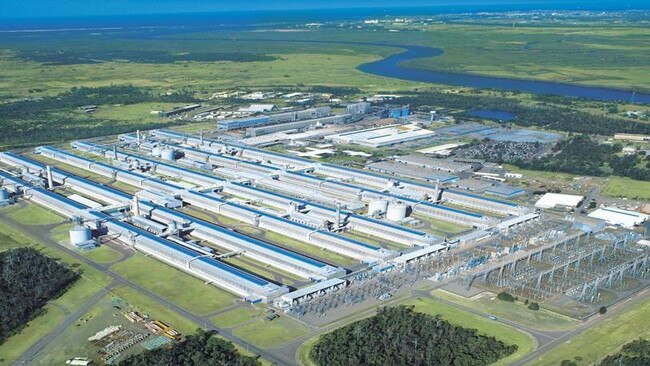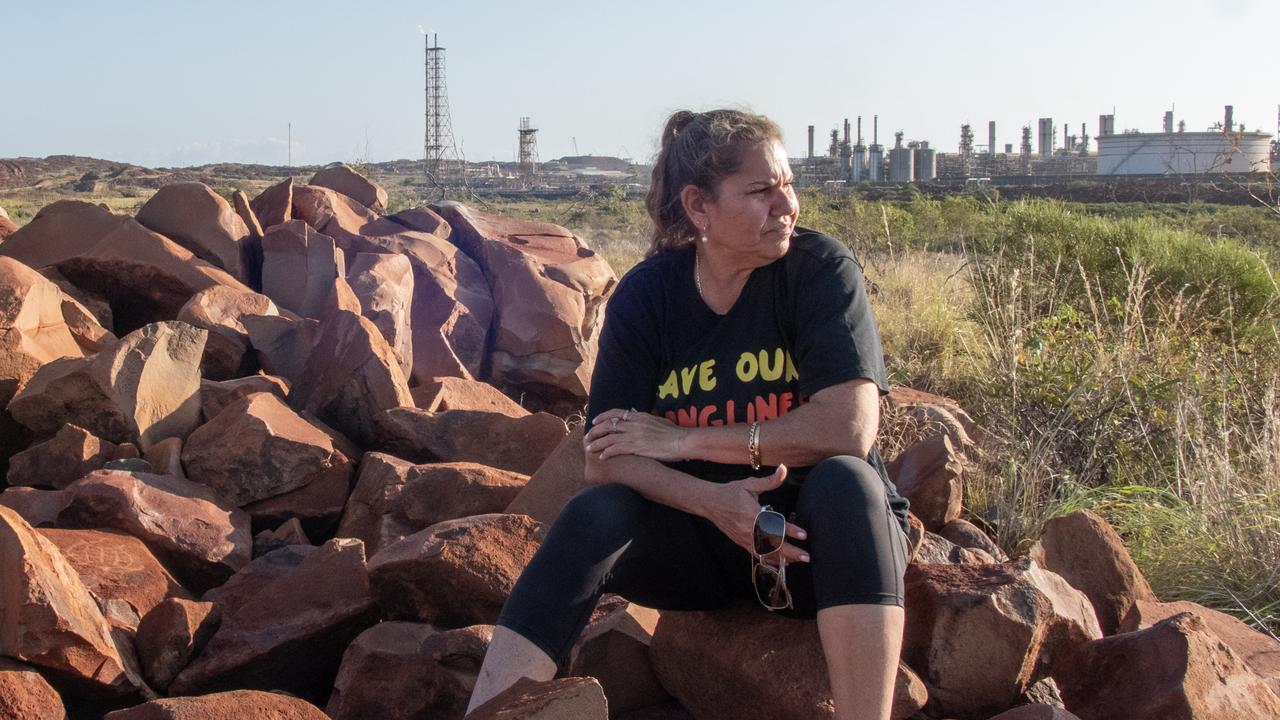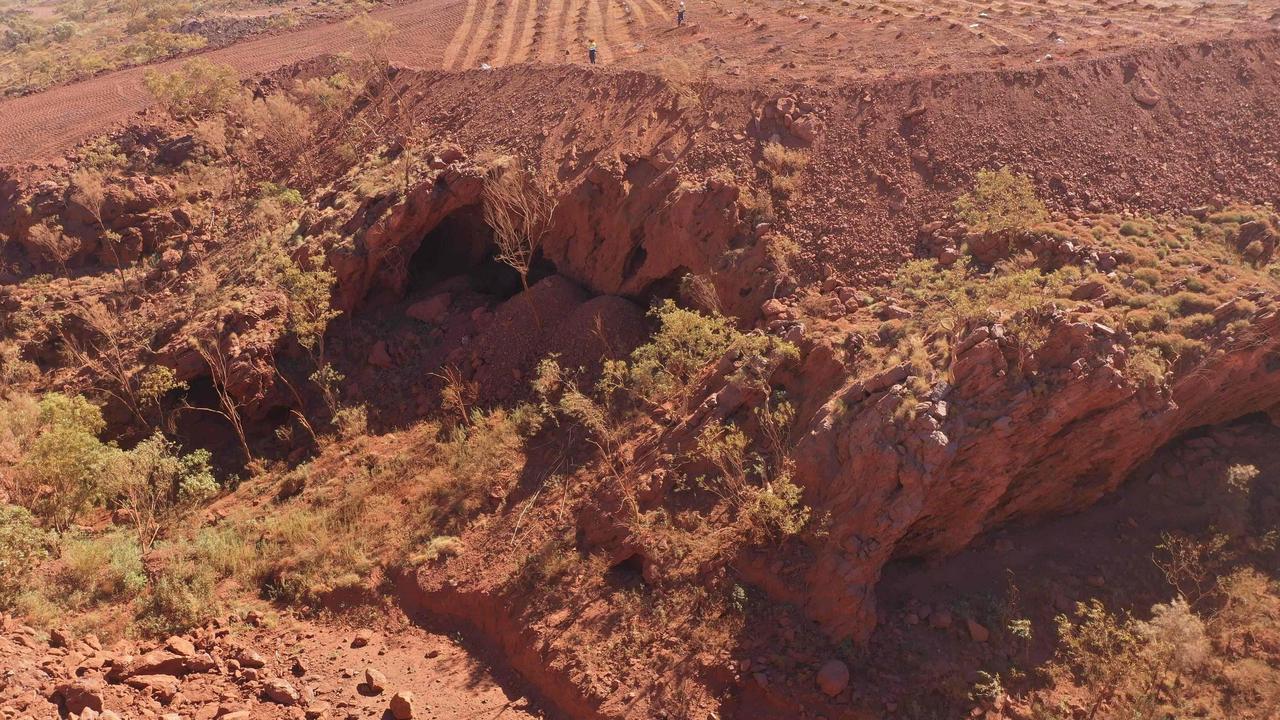Energy mix ‘a must to stop cuts’
Wind droughts and solar energy shortages must be offset by faster and more reliable alternatives such as gas and hydro.

Wind droughts and solar energy shortages must be offset by faster and more reliable alternatives such as gas and hydro, with Australia’s largest single-energy user warning if the power switches off for more than three hours “the business folds”.
Tomago Aluminium, one of Australasia’s biggest aluminium smelters, which has operated 24-hours a day since 1983, was hit with 40 hours of interruptions in June after “price volatility” linked with outages at two power plants and wind droughts.
Tomago chief executive Matt Howell said the Energy Security Board’s post-2025 electricity market reforms must ensure fast, flexible and dispatchable energy was included in the mix, in addition to renewables.
“It’s got to be reliable. You can’t have a situation where we can say, on average, over the year we’ve got enough energy – it’s just this one period for five hours on a winter’s evening [and] sorry Tomago we don’t have enough. That won’t work,” Mr Howell said.
Wind droughts were common during cooler months where you could go “three or four days in a row with very low wind across the entire NEM region”.
“That’s why the ESB has to do this because when the sun goes down and there’s no solar, you can’t always count on wind. If you’ve got to have reliable, dispatchable energy – it’s got to come from somewhere,” he said.
With Tomago preserving the “security and stability” of the electricity network with the ability to take 600 megawatts of the system in less than a minute during emergencies, Mr Howell said the energy mix must be “balanced”.
“No one denies that we’re going to progressively decarbonise. We support it. It’s the right thing to do, but it’s got to be done in a sustainable fashion,” he said.
“You’ve got to get it right. The stakes are too big. If you don’t have internationally competitive, affordable, reliable power – you don’t have a manufacturing base. We cannot be a country that imports all of their things. We need to be a nation that makes things.”
At the end of its current electricity contract, Tomago’s next agreement will be anchored by renewables, with help from hydro and some thermal generation.
“The amount of renewables in the grid is definitely increasing rapidly and we support that happening. But for us to achieve our goals and for us to stay in business we need affordable and reliable renewable energy,” Mr Howell said.
“It’s that reliability key – it matters for everybody. But it matters even more for aluminium smelters. If the power goes off for more than three hours, that’s it, the business folds. If the grid is going to be able to stay reliable as the level of renewables increase, there has to be enough dispatchable generation when it is needed.”
As Australia’s ageing coal-fired power stations exit the market, the Australian Petroleum Production and Exploration Association called for an international shift to natural gas-fired plants.
The oil and gas lobby’s chief executive, Andrew McConville, said “natural gas is making a major dent in reducing emissions in the US and the UK”.
“It has also reduced emissions in China, but a much bigger prize remains,” he said. “If we can convince heavily coal-dependent power grids such as China to follow the US and UK examples, the world could hit its reduction targets quicker and without sacrificing modern conveniences.”
“More than two billion people in the world live in energy poverty; gas is the quickest and cleanest way to lift them out of it. The International Energy Agency has said demand for Australian gas in Asia is set to grow by 52 per cent by 2040. If China embarked on coal to gas switching it would be massive for Australia.”




To join the conversation, please log in. Don't have an account? Register
Join the conversation, you are commenting as Logout